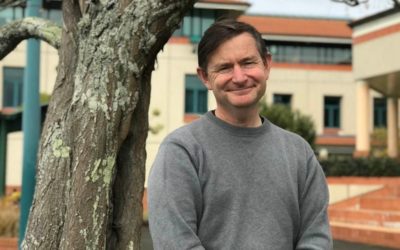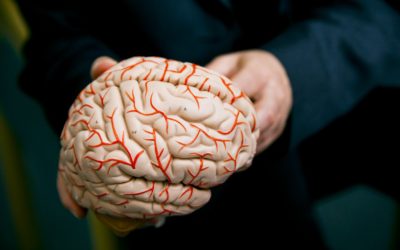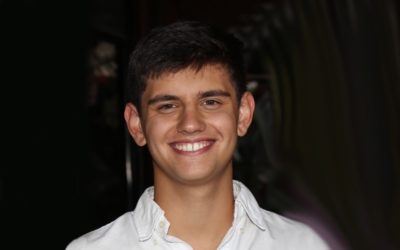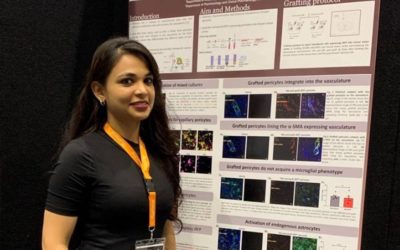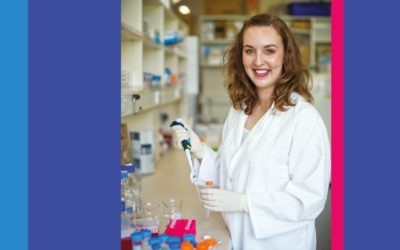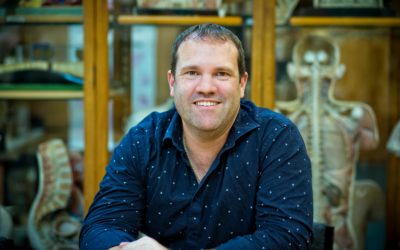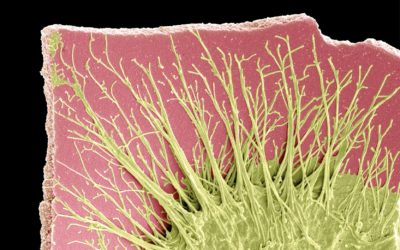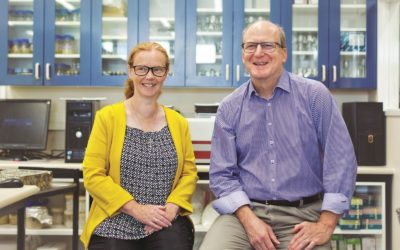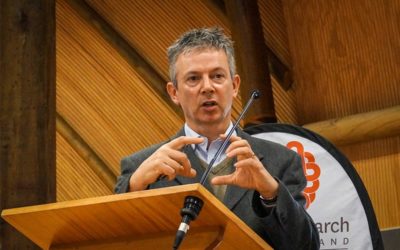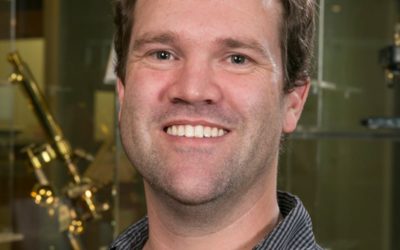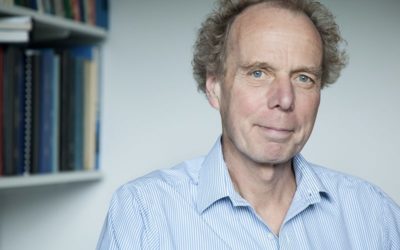A novel experiment investigated whether tinnitus could be tamed by creating associations with noises such as rain, birds or cicadas. The results are promising, according to Assoc Prof Grant Searchfield, an associate professor in the Faculty of Medical and Health...
Treatments
Brain Research New Zealand awards Strategic Grants
Brain Research New Zealand is very pleased to report that it has made a further set of grant awards, for short-term projects running in the first half of 2021. While these grants are necessarily short-term due to the Centre of Research Excellence winding up after June...
Isaac Samuels: How equal is access to stroke reperfusion therapy?
“As a young Māori health professional in training, it is crucial to me that I do everything I can, whenever I can, to ensure I am providing for my communities all across Aotearoa.” As a fourth-year medical student at the University of Auckland, Isaac Samuels (Tainui)...
Improving hearing health across the Pacific
Professor Peter Thorne is working to improve hearing health across the Pacific by developing a better understanding of perceptions of hearing loss and to create a clearer, more equitable route for them to access hearing health services.
Deciphering the role of grafted pericytes in mouse motor cortex
A Brain Research New Zealand funded collaboration - Prof Ruth Empson, Prof Mike Dragunow, Assoc Prof Stephanie Hughes and Dr Andrew Clarkson PhD student Manju Ganesh (University of Otago) recently won the Sir Grafton Elliot-Smith Poster Award at the 2019 Australasian...
Sophie Mathiesen: Trialling a new treatment for Alzheimer’s disease
“I can’t really remember a time that I wasn’t interested in science,” Sophie Mathiesen (Ngāpuhi) says. “My dad has a background in engineering and mum in chemistry, so they were always keen to help with the elaborate projects I designed.” In high school, Sophie...
A cellular approach to stroke recovery
Every year in New Zealand, around 9000 people have a stroke, and as our population ages, that number is expected to rise. In many cases, those affected never recover fully and disabilities can last decades. This is why BRNZ researchers have been working on all aspects...
Knocking out proteins on the hunt for treatments
In Prof. Mike Dragunow’s lab at the University of Auckland, they grow human brain cells – everything from star-shaped astrocytes and neurons, to the focus of his latest research paper, microglia – the brain’s “surveyors”. For the past twenty years, BRNZ Principal...
A very special protein: Reducing deficits in Alzheimer’s disease through gene therapy
Alzheimer’s disease, the most common form of dementia, is a degenerative brain condition that progressively impairs memory, thinking and reasoning skills. It is estimated that it affects 10% of New Zealanders over 65 years and 25% of people over 85. Currently,...
Ultrasound As A Non-invasive Treatment For Alzheimer’s Disease?
Alzheimer’s disease accounts for more than 60% of all dementia cases, and as our population ages it is becoming an even greater societal issue. Huge progress has been made since the identification of Alzheimer’s disease in 1907, however drug trials continue to fail....
Brain Week Interview with Stroke Expert – Dr Andrew Clarkson
This article was originally published by the BHRC [http://www.otago.ac.nz/bhrc/news/otago648060.html] Stroke is one of the leading cause of death and disability the world over. Every year around fifteen million people worldwide will have a stroke. One third of those...
Can Electrical Stimulation Boost Your Brain After Stroke?
The article was originally published by the BHRC [http://www.otago.ac.nz/bhrc/news/otago533001.html] Visiting Professor John Rothwell is a world-renowned leader in human movement function and non-invasive brain stimulation techniques for analysing changes in...
